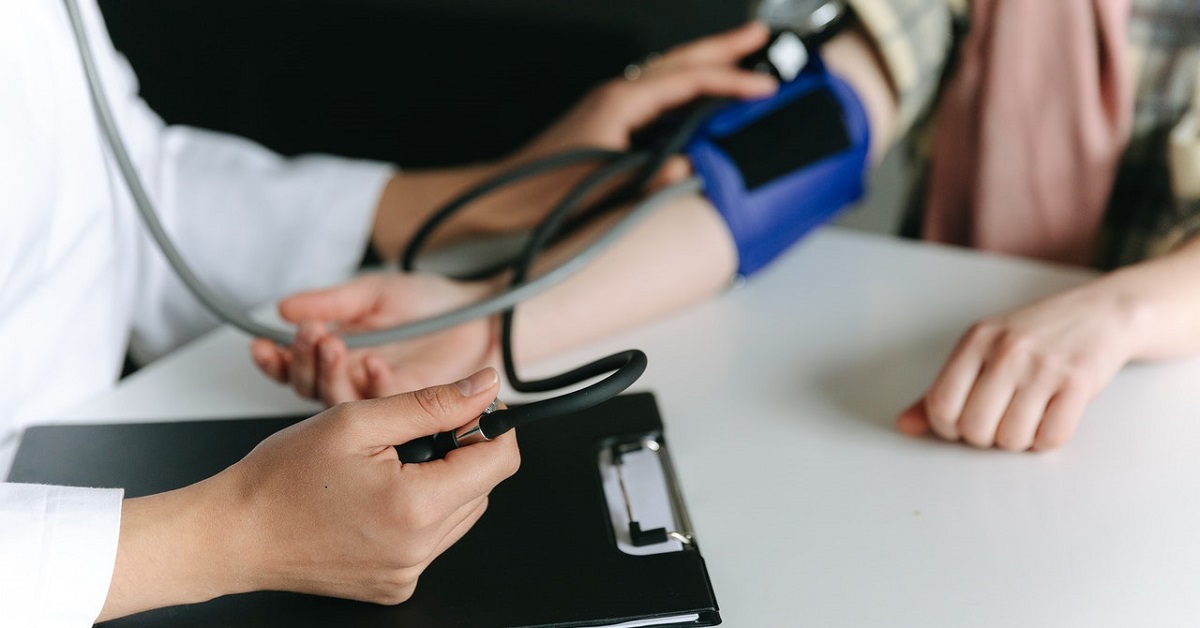
Blood pressure is the force with which the blood pushes against the edges of your arteries as it is pressurised around your body. A blood pressure test determines whether your blood pressure is normal, or if it is unusually high or low. Keep reading to learn more about high blood pressure tests in Exeter.
Although low blood pressure (hypotension) is rarely a concern, it can induce dizziness and fainting in certain individuals.
Hypertension (high blood pressure)
Adults over the age of 40 who are in good health might as well have their blood pressure measured at least every five years. If you have a greater chance of developing high blood pressure, you should get it checked more frequently; preferably once a year. This is a simple procedure that could save your life.
If left untreated, hypertension (high blood pressure) increases your chance of developing catastrophic illnesses including heart attacks and strokes.
What high blood pressure tests in Exeter are used to diagnose hypertension?
Your pharmacist will go through your medical history and conduct a physical examination. The GP, nurse, or pharmacist will wrap an inflatable arm cuff over your arm and use a pressure-measuring gauge to take your blood pressure.
Generally, your blood pressure should be taken in both arms to ascertain if there is a variation. It is critical to utilise an arm cuff that is the proper size.

Blood pressure readings are classified into the following categories:
– Normal blood pressure. Blood pressure is considered normal if it’s under 120/80 mm Hg.
– Elevated blood pressure. This is a systolic pressure varying from 120 to 129 mm Hg, and a diastolic pressure that’s below (not above) 80 mm Hg.
– Stage 1 hypertension. This is a systolic pressure that ranges from 130 to 139 mm Hg, or a diastolic pressure that varies from 80 to 89 mm Hg.
– Stage 2 hypertension. This is considered more-severe hypertension. It’s a systolic pressure of 140 mm Hg and above, or a diastolic pressure of 90 mm Hg or more.
– Hypertensive crisis. A blood pressure measuring above 180/120 mm Hg. This indicates an emergency case that needs urgent medical care.
High blood pressure tests in Exeter
If you have hypertension, your pharmacist or doctor will likely offer further testing to confirm the diagnosis and rule out other possible causes.
– Ambulatory monitoring. This 24-hour blood pressure monitoring test determines whether or not you have hypertension. The test takes your blood pressure at regular times over a 24-h cycle and gives a more accurate view of how your blood pressure fluctuates throughout the day and night.
– Lab tests. Urinalysis (a urine test) and blood tests, such as a cholesterol test, may be recommended by your pharmacist.
– Electrocardiogram (ECG or EKG). This short and painless test monitors the electrical activity of your heart. Your pharmacist may schedule an echocardiogram to look for other indicators of heart disease based on your symptoms and test results.

What are the 5 symptoms of high blood pressure?
If your blood pressure is exceptionally high, you may experience the following symptoms:
– Severe headaches
– Chest pain
– Fatigue or confusion
– Vision problems
– Irregular heartbeat and difficulty breathing
It is not too early to begin making healthy lifestyle choices such as stopping smoking, eating more nutritious meals, and increasing physical activity. These are the primary techniques to safeguard yourself from hypertension and its complications.
Visit us today or book your appointment now to check your blood pressure. We offer blood pressure tests in-store as well as advice and referrals for further treatment where necessary.
This blog post was written on behalf of Luxtons Pharmacy by Pharmacy Mentor.
